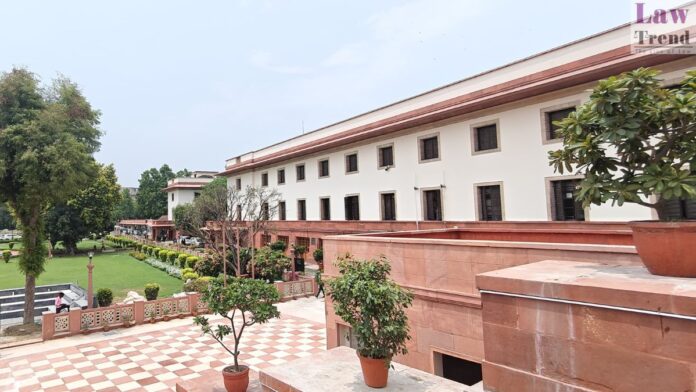The Supreme Court of India has ruled that a person who accepts bribe money on the direction of another cannot be convicted under Sections 7 and 13 of the Prevention of Corruption Act, 1988, in the absence of a specific charge of abetment and evidence of connivance. While setting aside the conviction of a Village
To Read More Please Subscribe to VIP Membership for Unlimited Access to All the Articles, Download Available Copies of Judgments/Order, Acess to Central/State Bare Acts, Advertisement Free Content, Access to More than 4000 Legal Drafts( Readymade Editable Formats of Suits, Petitions, Writs, Legal Notices, Divorce Petitions, 138 Notices, Bail Applications etc.) in Hindi and English.




